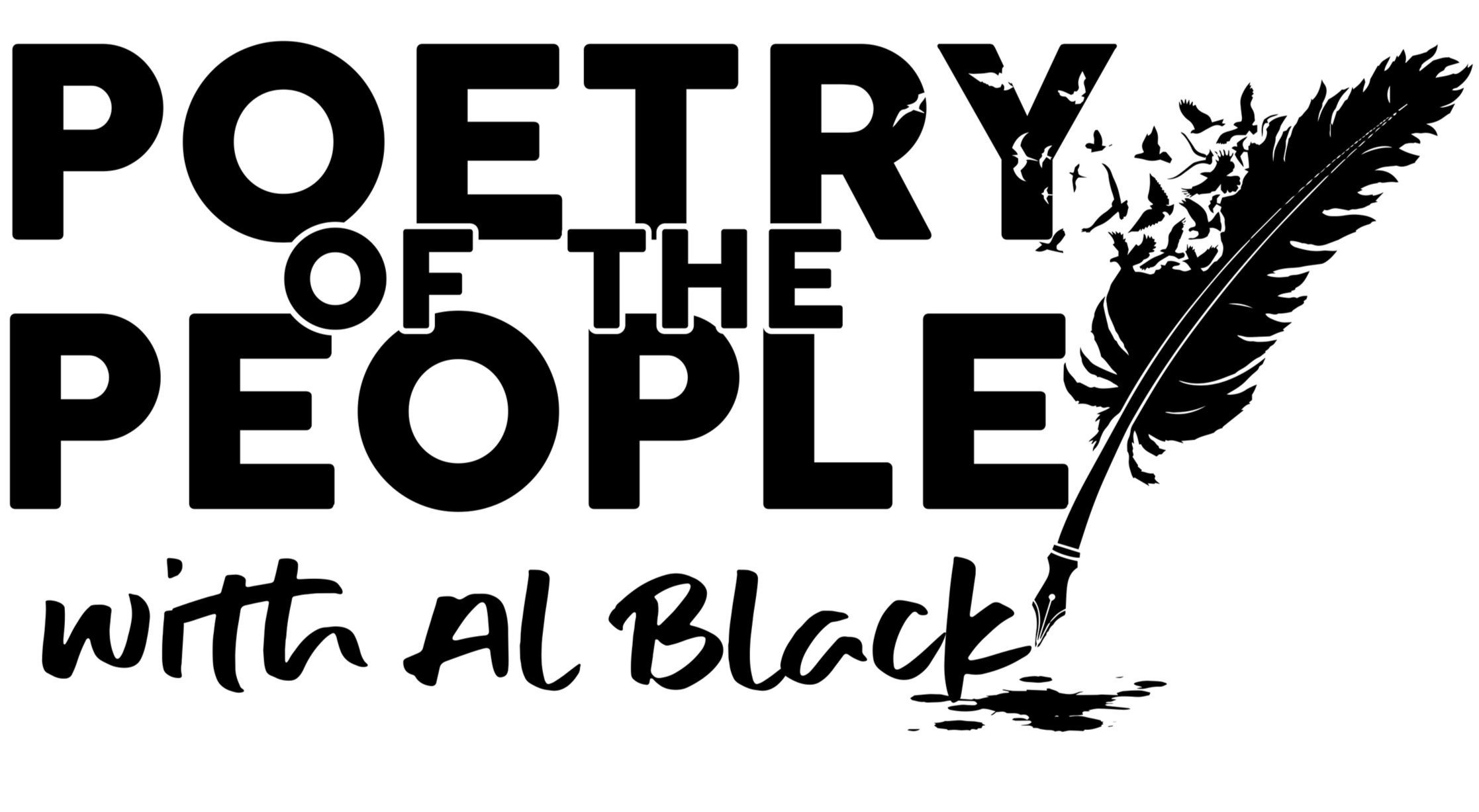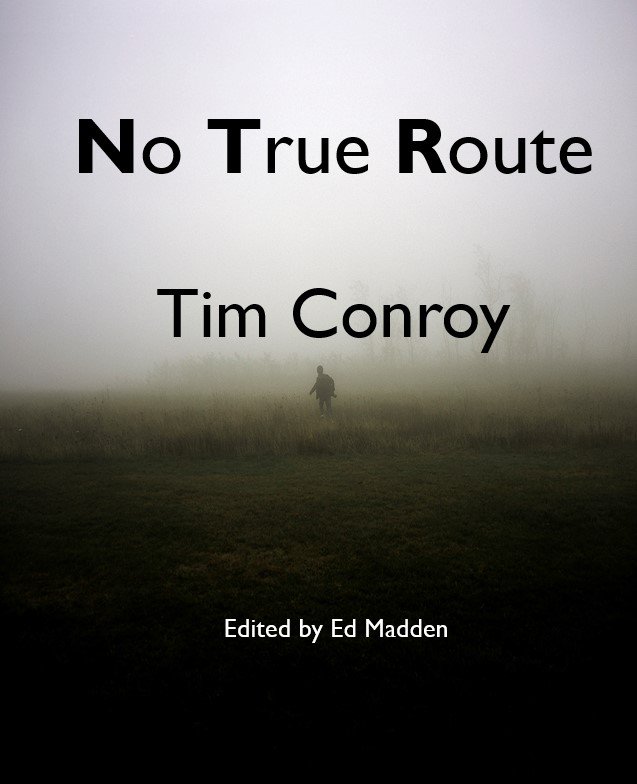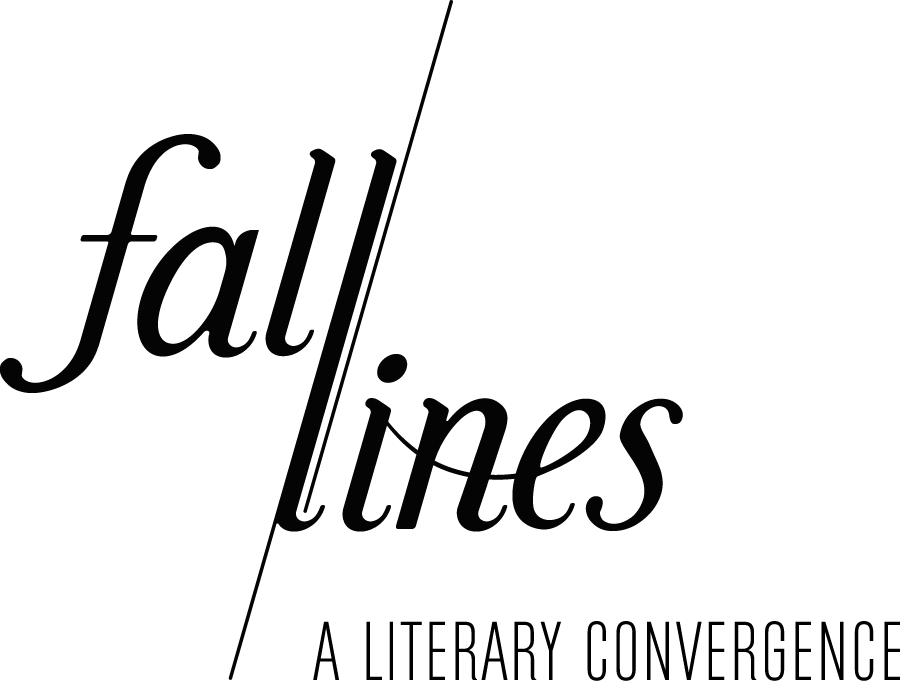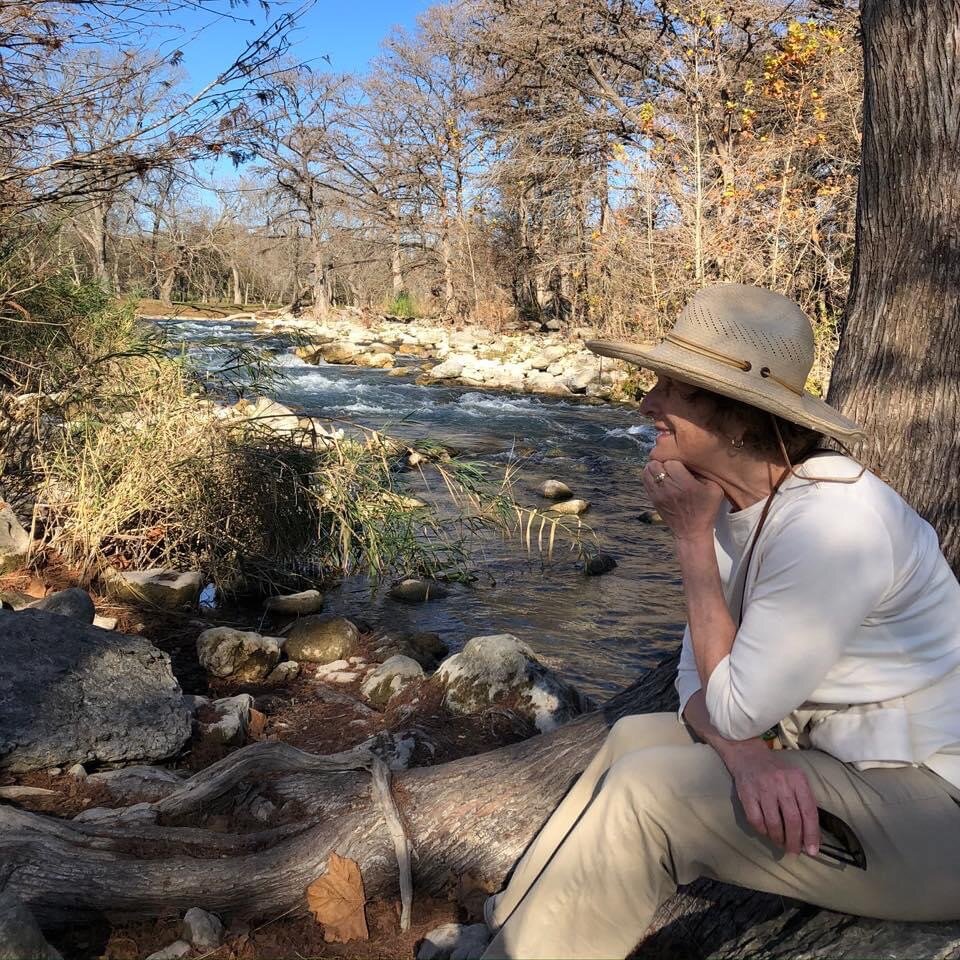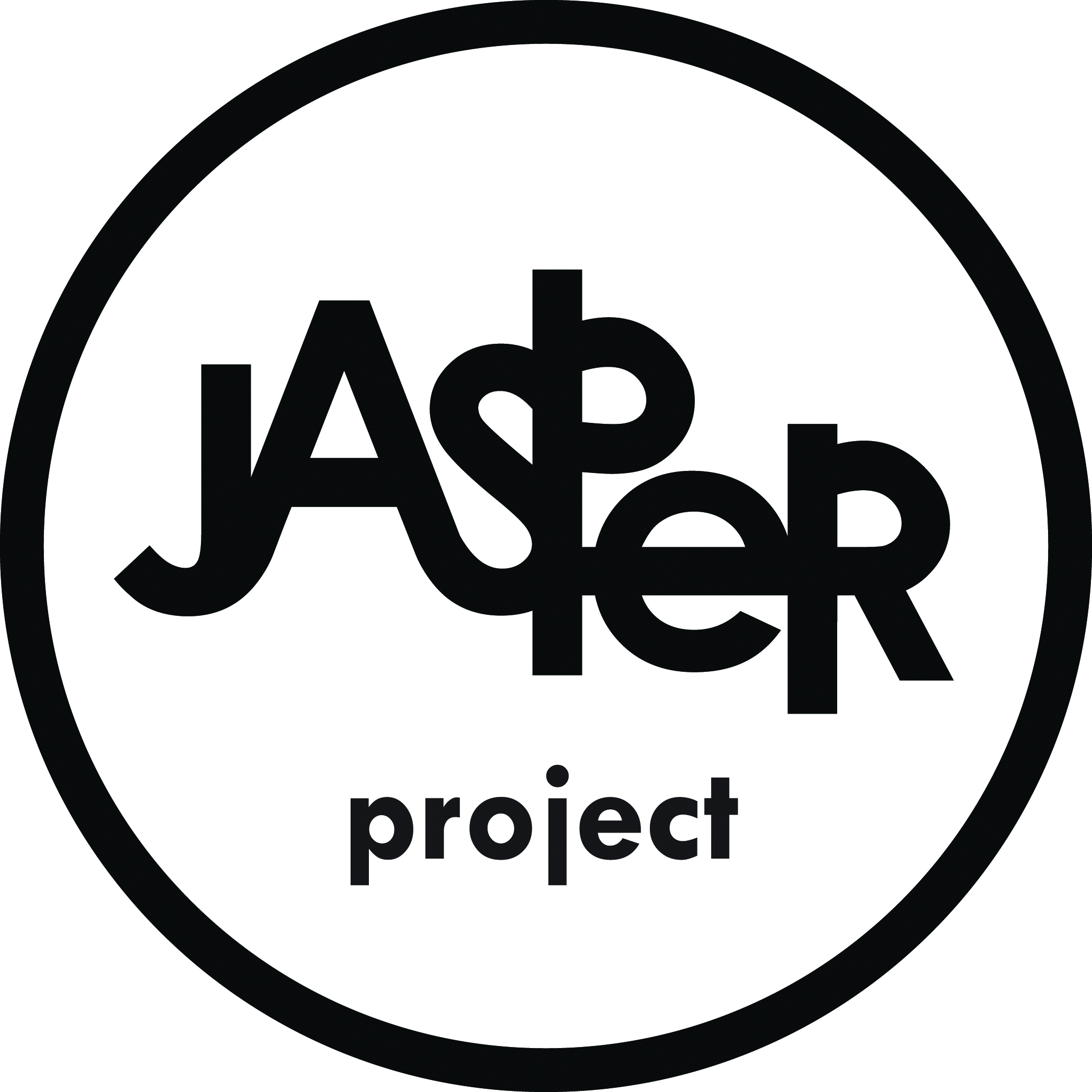This week's Poet of the People is Tim Conroy. I met Tim Conroy several years ago at a Columbia literary event and cajoled him into doing his first poetry feature. We became fast friends, haunting and terrorizing coffee shops throughout Columbia. Later, we teamed up with singer/songwriter, Lang Owen as the Two Hats & a Ponytail trio. When Tim's wife retired, they fled to Florida; however, he will be back in Columbia to perform Tuesday, 05/07 at Simple Gifts and Wednesday, 05/08 at Mind Gravy with Lang and myself for the Reunion Tour of Two Hats and Ponytail.
Tim Conroy is a military brat who has lived all over the country and eventually ended up in South Carolina. A retired educator and beloved social rabble rouser, he has published two books of poetry, Theologies of Terrain, Muddy Ford Press 2017 and No True Route, Muddy Ford Press 2023. During COVID, he co hosted the YouTube poetry interview series, Chewing Gristle
Lousy
My Dad said lousy a lot
to describe his children
a lousy jump shot, a lousy right fielder,
a lousy bedmaker, a lousy dishwasher,
with a lousy attitude.
We had lousy eyes, freckles, and postures.
But he would never admit,
we were stationed in lousy towns.
We could have become lousy
because he fought in three lousy wars,
where he won a few lousy medals.
Every year, we left friends and moved
on lousy cross-country car trips.
He had a lousy temper and backhand.
His world turned lousier when our mom divorced him.
He was lousy in love with her.
He tasted lousy when schizophrenia
came for one of his sons.
Afterward, he was never a lousy grandfather
or a lousy money giver.
He remained lousy at saying sorry.
When he died, we never felt lousier
and knew a pilot's love didn't land empty,
his caps and his godawful shirts,
his lousy flaws, our hearts.
No True Route, Muddy Ford Press, 2023
The Flight Jacket
hung in the closet to forget the throttle
and how it zoomed from carriers during
the Korean War, dipped into battle
of the Chosin Reservoir for the troops
to make a break for it through scarred paths
and never told its story, zipped up mute
stayed cold to the touch preferring the dark
every day its arms down not saluting
while its empty pockets refused to hold
onto the sound of bombs and men waving
screaming hello, goodbye, and blood marking
each sleeve forever, but the leather saved
many lives, though not Dad’s, his explosions
and how he didn’t want us to touch him
The Child We Need
In front of imperial drones,
swollen under cement blocks
—tongues, old and young
because we doubt what is told
because it takes silence to listen
because we need to learn gestures
to rise reversals from wombs.
War-born babies and hostages
with no chink of light, no angels,
no safe mangers even for donkeys,
only hunger and inconsolable wails
until we embody the dead,
the child we need to live won’t
sing and fly paper kites in Gaza.
The Best Part
The truth be known,
gay or straight,
the priest gets paid,
the nun has a shitty deal,
the minister wants his ass kissed.
Meanwhile I have felt a voice
in the forest of owls and ordinary spaces.
Strangers have rescued me from peril;
like you, love has saved me.
Your neighbor is human.
We don’t listen or tell it right,
we take it literally,
we can’t write it down better,
we make it too complicated.
Who have you loved in this journey?
What is it you have given?
From Theologies of Terrain, Muddy Ford Press, 2017
A Fitted Game
The American Legion is full of men and women who battle
video games for printed slips to exchange at the bar for cash.
They don't dare add up the losses, so full of gin and silent friends.
Some say it's a loss of purpose and only passing time.
My Dad would have died playing if he hadn't croaked in bed.
His fingers reached, but I did not know what to tell him.
Their sacrifice isn't gone, and the popcorn kernels are still free,
salted, and buttered, sliding down throats that burn like cigarettes.
The flashing screen doesn't care who presses the fortune of the hours,
shouldering memories with sips. No soldier deserts the machine
that programs a fitted game, though many dream of a different outcome.
I have loved those players who won once

